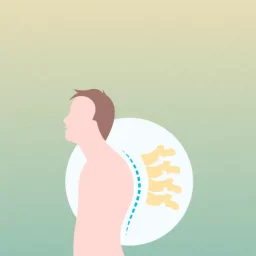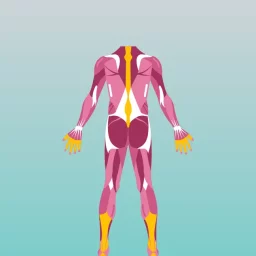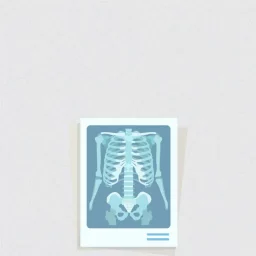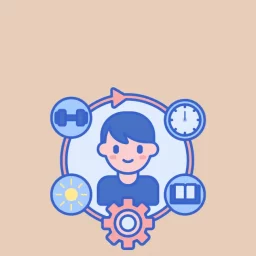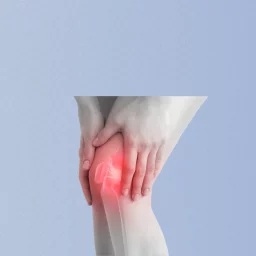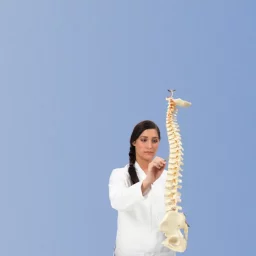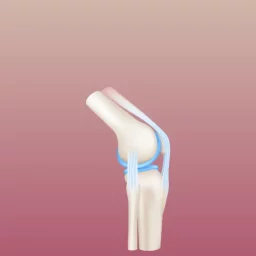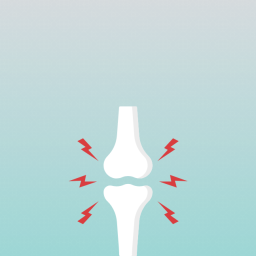What is Movember?
Movember is a month-long annual event involving the growing of moustaches in November to raise awareness of men’s health issues. November is here. While it is important to highlight the importance of men’s physical health, emotional and psychological health are less often a topic of discussion.
Let’s talk about men’s mental health this Movember
Depression is widely reported to be more common in women than in men, in part because of lower recognized incidences of depression among men compared with women. Women are diagnosed with depression twice as often as men and advertisements for antidepressants typically feature females. However, the lower incidence among men might be a by-product of men’s tendencies to deny illness, self-monitor and self-treat symptoms, and avoid professional healthcare providers. Male and societal attitudes have also aided in fostering silence. This has contributed to a poor understanding of depression in men, including how to identify it and how to treat it. The fact remains, that in Canada, men account for four out of five deaths by suicide.
sings and symptoms
Because it’s easier for men to acknowledge physical symptoms, rather than emotional ones, mental health problems often go undiagnosed. Men’s depression can also go unnoticed as men are less likely to seek medical attention overall, and in particular, are less likely to seek help for depression. Studies reveal that men are as likely to suffer from a variety of mental health challenges as women. However, there are several barriers, including social stigma, which men may face in seeking access to appropriate care. Surprisingly, even when men and women have the same symptoms, physicians tend to diagnose fewer men with depression. Researchers have found that men often associate seeking help for depression or suicidal thoughts with powerlessness, vulnerability, and a loss of masculinity, which makes reaching out for help less likely.
Interestingly, how men and women exhibit symptoms of mental distress may vary considerably. For example, it is common that depression among men may be displayed as anger and irritability, rather than as sadness. Similarly, risky behaviour, seen especially in younger men – including abuse of alcohol and/or drugs and violence – can mask emotional problems, both from themselves and healthcare providers.
Raising awareness
The lack of awareness about how men may react to stress or display distress may lead to little acknowledgement. This poses a barrier to access to necessary resources and support. In focus groups conducted by the National Institute of Mental Health, men described their symptoms of depression without realizing they were depressed. There was no connection between their mental health and physical symptoms, such as headaches, digestive problems and chronic pain.
To help support the men in your life, it is important to recognize certain signs and symptoms that may be more present among men, as well as common depression symptoms.
The following signs may indicate the need for extra support and even professional care:
- Anger
- Irritability
- Hostile behaviour
- Aggressive behaviour
- Risk-taking
- Substance abuse
- Escapist behaviour (i.e. over-involvement at work)
How it relates to the musculoskeletal system
When exploring the topic of mental health, it is important to highlight how these issues can affect one’s musculoskeletal (MSK) health and pain. Being able to effectively manage mental health can also help with physical pain. Emotions and stress can cause physical symptoms in some. Somatization is the word used for the physical expression of stress and emotions; also known as the mind-body connection. In men, MSK symptoms like migraines and back pain can be rooted in depression.
Attitudes toward men’s depression are changing. Web-based resources like Men’s Depression Help Yourself can empower depressed men who are hesitant to reach out. They do so by providing an anonymous way to access information about self-care and professional treatment.
Let’s start the conversation today. The more we talk about men’s health, the more we can start addressing the barriers and challenges experienced by many Canadians.
This Movember, we encourage you to create space for discussion inviting understanding, acceptance and empathy. Raising awareness about men and their vulnerability to depression is a rising trend. It will aid in reducing the stigma attached to mental health.
For more information or to book an appointment with one of our chiropractors, physiotherapists or massage therapists, visit our clinic websites at Curavita Byward and Curavita Glebe.


